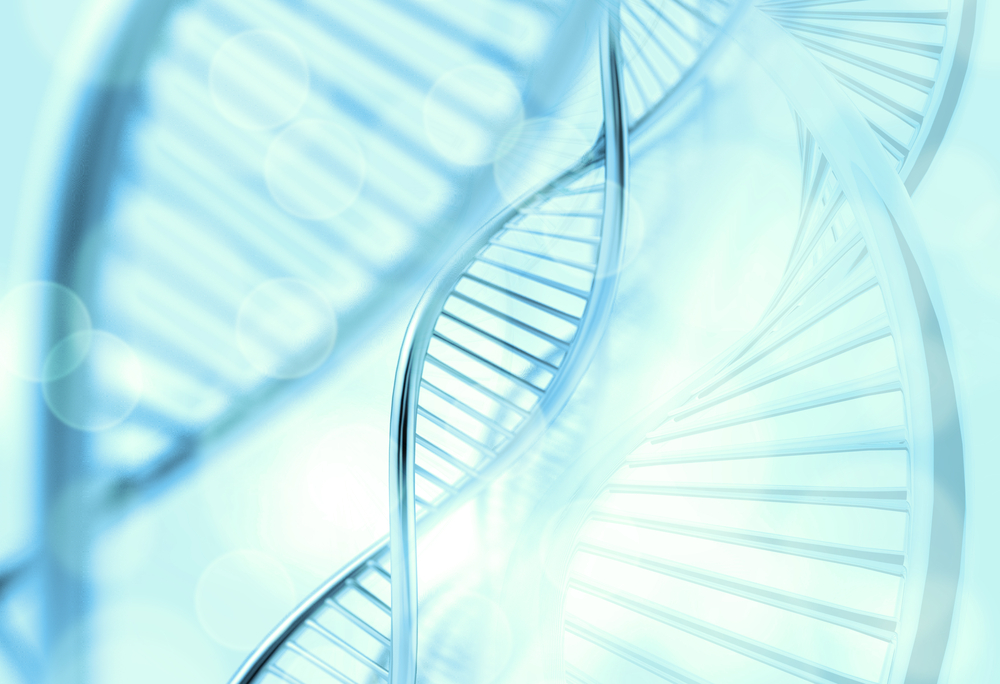Bridging the Gap: Specialized Medical Translators for Pharmaceutical Documentation
null • Jan 8, 2024 1:52:00 PM

Why pharmaceutical companies require specialized medical translators
Pharmaceutical companies deal with complex medical documents that require precise translation. These documents often contain highly technical and scientific terminology that must be accurately translated to ensure effective communication. Standard translators may lack the specialized knowledge and understanding of medical terminology, which can lead to errors and misinterpretations. Specialized medical translators have the necessary expertise to accurately translate pharmaceutical documents, ensuring clear communication between different stakeholders in the industry.
Additionally, pharmaceutical companies operate in a highly regulated environment, where accuracy and compliance are paramount. Specialized medical translators are familiar with the regulatory requirements and guidelines specific to the pharmaceutical industry, allowing them to provide translations that meet the necessary standards.
By utilizing specialized medical translators, pharmaceutical companies can ensure that their documents are accurately translated, maintaining the integrity and effectiveness of their communication within the industry.
The role of specialized medical translators in ensuring accuracy
Specialized medical translators play a crucial role in ensuring accuracy in pharmaceutical documents. They have in-depth knowledge of medical terminology, pharmacology, and the specific requirements of the pharmaceutical industry. This expertise allows them to accurately translate complex scientific information into different languages while maintaining the intended meaning.
Moreover, specialized medical translators are skilled in maintaining consistency throughout the translation process. They follow established guidelines and glossaries to ensure that key terms and phrases are translated consistently across different documents. This attention to detail helps to eliminate confusion and ensures that the translated documents are coherent and accurate.
The role of specialized medical translators goes beyond word-for-word translation. They also understand the context and cultural nuances of the target language, enabling them to adapt the translation appropriately. This cultural sensitivity is particularly important when translating pharmaceutical documents, as it ensures that the translated materials are relevant and appropriate for the target audience.
The unique challenges faced by medical translators in the pharmaceutical industry
Medical translators working in the pharmaceutical industry face unique challenges due to the highly specialized nature of the field. One of the main challenges is the constant evolution of medical knowledge and terminology. New drugs, treatments, and medical discoveries are constantly emerging, requiring medical translators to stay updated with the latest developments. They need to continually expand their knowledge and keep up with the ever-changing terminology to accurately translate pharmaceutical documents.
Another challenge is the complexity of pharmaceutical documents. These documents often contain detailed information about clinical trials, drug interactions, adverse effects, and regulatory requirements. Medical translators need to have a deep understanding of these concepts to accurately translate the content. They must be well-versed in the specific language used in clinical research and regulatory guidelines to ensure accurate and compliant translations.
Additionally, medical translators in the pharmaceutical industry must adhere to strict confidentiality and data protection regulations. Pharmaceutical documents often contain sensitive and proprietary information that must be handled with utmost care. Specialized medical translators are trained to handle confidential information responsibly and follow strict security protocols to maintain the integrity and confidentiality of the translated documents.
How specialized medical translators enhance patient safety
Patient safety is a top priority in the pharmaceutical industry, and specialized medical translators play a crucial role in ensuring it. Accurate translation of pharmaceutical documents is essential for providing clear instructions and information to healthcare professionals and patients. Errors or misunderstandings in translated materials can have serious consequences for patient safety.
Specialized medical translators have the expertise to accurately translate information about drug dosage, usage instructions, contraindications, and potential side effects. They ensure that this critical information is effectively communicated in the target language, minimizing the risk of medication errors or misunderstandings.
Furthermore, specialized medical translators help to bridge the language barrier between healthcare professionals and patients who may have limited proficiency in the language used in pharmaceutical documents. By providing accurate translations, they enable patients to fully understand their medications, treatment plans, and potential risks, empowering them to make informed decisions about their healthcare.
Choosing the right specialized medical translator for pharmaceutical documents
Choosing the right specialized medical translator is crucial for pharmaceutical companies to ensure accurate and reliable translations. Here are some factors to consider when selecting a specialized medical translator:
- Expertise: Look for translators who have specific expertise in the pharmaceutical industry and are knowledgeable about medical terminology, pharmacology, and regulatory requirements.
- Language proficiency: Ensure that the translator is a native speaker or has native-level proficiency in the target language, as this ensures a deep understanding of the language and cultural nuances.
- Experience: Consider translators who have experience working with pharmaceutical companies and have a track record of delivering high-quality translations.
- Quality assurance: Look for translators who follow a robust quality assurance process, including proofreading and editing by a second linguist, to ensure the accuracy and consistency of the translations.
By carefully selecting the right specialized medical translator, pharmaceutical companies can ensure that their documents are translated with the highest level of accuracy and quality, facilitating effective communication within the industry.
aiaTranslations has almost 30 years of experience as a leader in the life-sciences industry. Rely on us.
